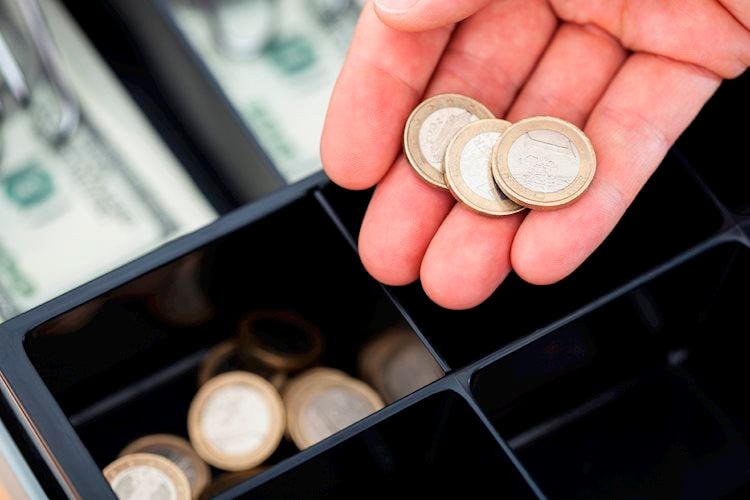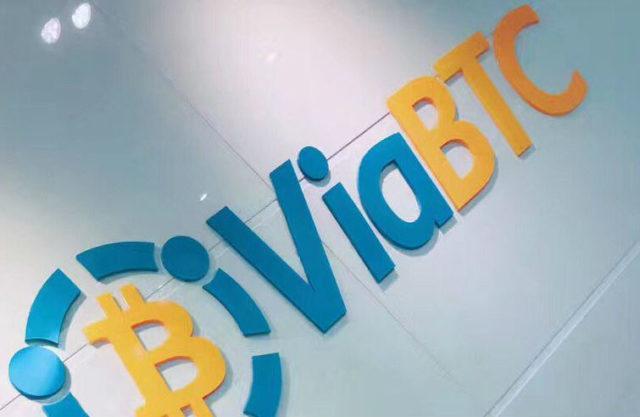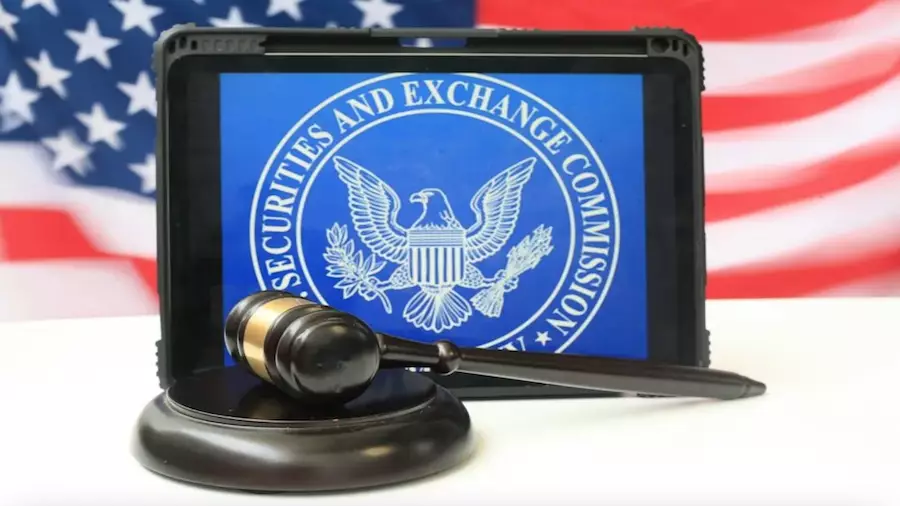Although Brazil is taking its first steps in the 5G market, a network auctioned by Anatel (National Telecommunications Agency) throughout Thursday (4) and Friday (5), a third of the world has already embraced this sector for some time. . According to a survey carried out in June by Viavi Solutions, a company that operates in the telecommunications sector, 65 countries, or 31% of the world, already use the technology.
The survey shows that China is the region most connected to 5G, with 376 cities. Close behind are the United States and the Philippines, with 284 and 95, respectively. In all, there are 1,662 smart cities, 20% of which have adapted to the technology in the last nine months. Brazil is the first country in Latin America to have the technology.
Vanderlei Rigatieri, CEO and founder of WDC Networks, a telecommunications company, explains that the reasons why some countries already have the technology is that they moved before Brazil on the regulatory basis to make frequency bands available. “Since these countries are more advanced and less bureaucratic, they managed to enable operators to implement them beforehand”, he declares.
The expectation is that the total value of the auction of 5G frequencies will reach R$ 50 billion. And, so far, Claro, Vivo and Tim have already secured their place in the market with bids of R$338 million, R$420 million and R$351 million, respectively.
While Brazilians using 4G have access to 19.8 Mbps (megabits per second), 5G can reach up to 10 Gpbs (gigabits per second), that is, 100 times faster.
The main advantages of the new network are the possibilities for more devices to connect to the internet at the same time, greater connection speed, facilitating file transfers, and the increase in real-time connection, facilitating the reproduction of streaming and online games.
The CEO of WDC says that 5G will give companies an increase in relations between machines. For example, “for an autonomous car, it is extremely important that there is a very low latency (delay) because this is where you have the difference between a car that knows how to behave in complicated situations, avoiding collisions, avoiding obstacles, a vehicle that will collide”, highlights Rigatieri. “Therefore, there will be devices that don’t need a person behind them to make decisions.”
Testes
A study by Conexis Brasil Digital, an entity that brings together telecommunications and connectivity companies in the country, indicated that Brazil already has seven capitals qualified to receive 5G: Boa Vista, Brasília, Curitiba, Fortaleza, Palmas, Porto Alegre and Porto Velho. The regions were considered eligible because municipal laws do not require licensing for small infrastructure, do not impose conditions that might affect the selection of a technology, and because they have a maximum period of 60 days to issue any license.
The Conexis study also informed that Belo Horizonte, Rio de Janeiro, Florianópolis and São Paulo are four other cities that are preparing and carrying out tests to offer the 5G network.
One of the first 5G tests in Brazil was carried out by Ericsson throughout 2016. And, since then, Paulo Bernardocki, Ericsson’s Network Solutions director, explains that the results were promising, with the possibility of 15 million Brazilians being able to use 5G on their smartphones and that 59% of users in Brazil intend to join 5G as soon as it becomes available.
In July 2020, the first 5G DSS (Dynamic Spectrum Sharing) network was launched. “This is a solution that allows us to use the same 4G network infrastructure to start the 5G implementation”, says the director.
Bernardocki also points out that the development stage of 5G pilot projects and demonstration tests is very important to optimize resources and especially to help strengthen the technology evolution ecosystem.
See below the schedule that Anatel defined for the implementation of 5G:
- until July 31, 2022: for capitals and the Federal District
- until July 31, 2025: for cities with more than 500,000 inhabitants
- until July 31, 2026: for locations with more than 200,000 people
- until July 31, 2027: for municipalities with more than 100,000 inhabitants
- until July 31, 2028: for half of the municipalities with more than 30,000 inhabitants
- until July 31, 2029: for municipalities with more than 30,000 inhabitants
- until December 31, 2029: municipalities under 30,000 inhabitants
According to the 5G Business Potential study, by 2030, revenues from digitization in Brazil should total approximately R$ 391 billion. Of this total, R$153 billion will be directly driven by 5G.
Reference: CNN Brasil
I am Sophia william, author of World Stock Market. I have a degree in journalism from the University of Missouri and I have worked as a reporter for several news websites. I have a passion for writing and informing people about the latest news and events happening in the world. I strive to be accurate and unbiased in my reporting, and I hope to provide readers with valuable information that they can use to make informed decisions.






